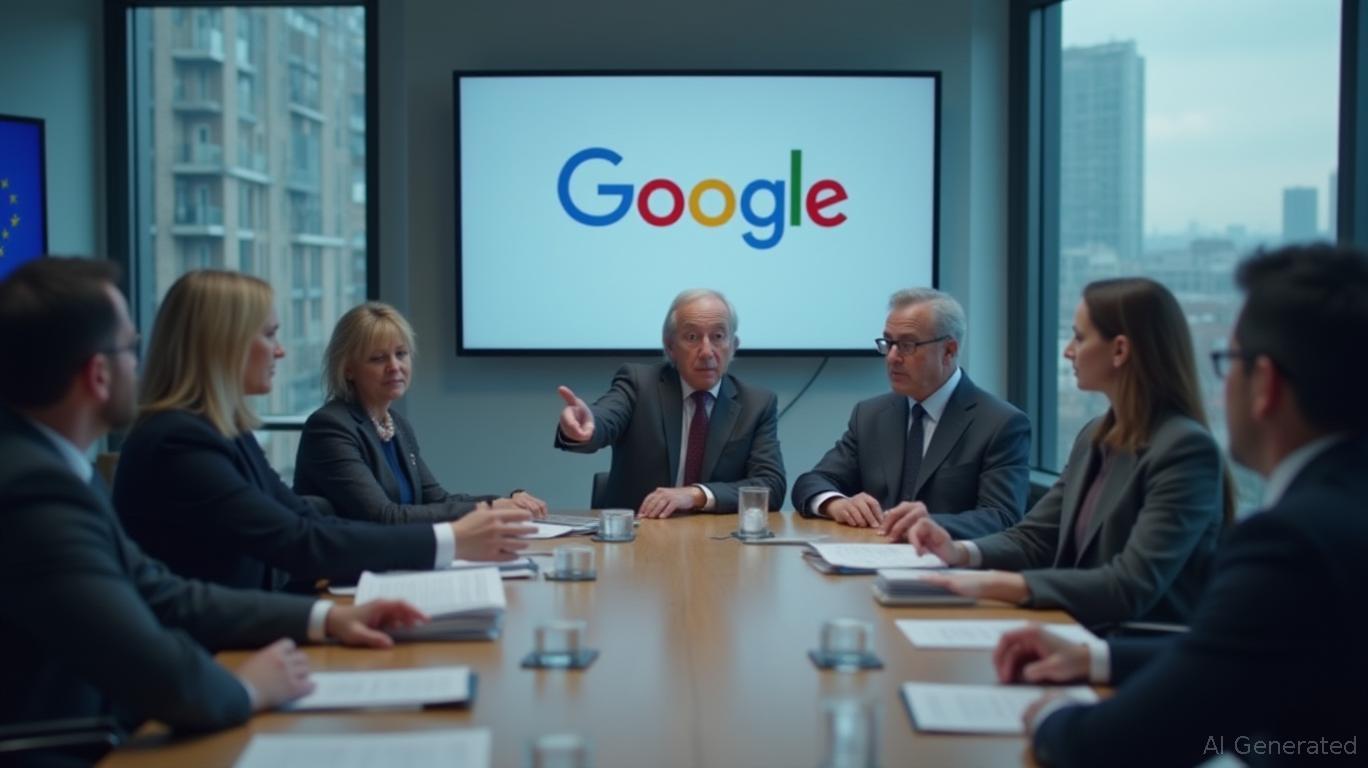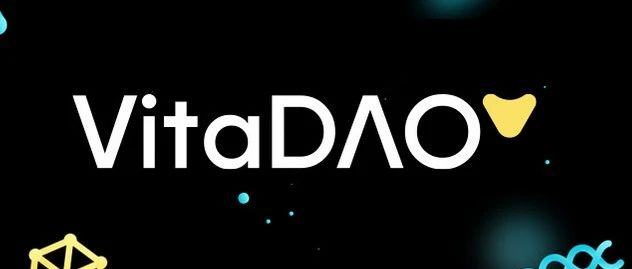Regulators Shift Focus: EU Prioritizes Compliance Over Punishment in Google Case
- EU to impose smaller antitrust fine on Google, reflecting Ribera's compliance-focused strategy over punitive measures. - Penalty stems from 4-year probe into Google's adtech favoritism, avoiding past billion-euro fines but maintaining regulatory pressure. - Google's $264B adtech revenue faces scrutiny without forced divestiture, contrasting with Vestager's breakup proposals. - U.S. Chrome browser antitrust ruling could influence EU enforcement, though European-led breakup remains unlikely.
The European Union is expected to impose a modest antitrust fine on Google in the coming weeks, marking a shift in approach under the current EU antitrust chief, Teresa Ribera. The fine, reportedly smaller than previous penalties, reflects a broader strategy that prioritizes curbing anti-competitive practices over imposing large financial penalties. The decision stems from a four-year investigation initiated by the European Publishers Council, which accused Google of favoring its own advertising services over those of its competitors in its adtech business [1].
Reuters sources indicate that the fine will not reach the scale of the 4.3 billion euro penalty imposed in 2018 for Android-related anti-competitive behavior, nor will it approach the 2.42 billion euro or 1.49 billion euro fines levied in 2017 and 2019, respectively. Instead, it will align with the EU’s evolving regulatory strategy under Ribera, which emphasizes compliance over punitive measures. This approach marks a departure from the enforcement style of Ribera’s predecessor, Margrethe Vestager, who was known for imposing substantial fines on major tech firms [1].
The case against Google centers on allegations that the company used its dominant position in the digital advertising space to disadvantage rivals. Google’s adtech business generated over $264 billion in advertising revenue in the last fiscal year, accounting for 75.6% of the company’s total revenue. Despite its dominance, the EU has not demanded the divestiture of any part of Google’s adtech operations, a contrast with earlier suggestions by Vestager to potentially break up parts of the business [1].
The upcoming fine is not the first time the EU has taken regulatory action against Google. In July 2025, a group of independent publishers filed an antitrust complaint alleging that Google’s AI Overviews feature was using their content without offering users an opt-out option. The publishers argued that continued use of their material could cause irreversible damage to their business models. Additionally, the UK’s competition watchdog is also investigating Google’s search and search advertising dominance [1].
Google has consistently challenged the EU’s interpretation of the adtech sector, arguing in a 2023 blog post that the Commission’s understanding of the market is flawed. The company has emphasized that publishers and advertisers have numerous choices, and users choose its services voluntarily. However, the EU’s enforcement actions continue to mount, with both regulatory and legal challenges shaping the landscape of digital competition [1].
The broader regulatory environment is also being shaped by developments in the U.S., where a federal court is set to rule on whether Google must spin off its Chrome browser. A ruling in favor of the U.S. Department of Justice could set a precedent that influences EU policy. While a European-led breakup of Google remains unlikely due to political and legal constraints, the U.S. decision could prompt a shift in enforcement strategies on both sides of the Atlantic [2].
Source:

Disclaimer: The content of this article solely reflects the author's opinion and does not represent the platform in any capacity. This article is not intended to serve as a reference for making investment decisions.
You may also like
Decoding VitaDAO: A Paradigm Revolution in Decentralized Science

Mars Morning News | ETH returns to $3,000, extreme fear sentiment has passed
The Federal Reserve's Beige Book shows little change in U.S. economic activity, with increasing divergence in the consumer market. JPMorgan predicts a Fed rate cut in December. Nasdaq has applied to increase the position limit for BlackRock's Bitcoin ETF options. ETH has returned to $3,000, signaling a recovery in market sentiment. Hyperliquid has sparked controversy due to a token symbol change. Binance faces a $1 billion terrorism-related lawsuit. Securitize has received EU approval to operate a tokenization trading system. The Tether CEO responded to S&P's credit rating downgrade. Large Bitcoin holders are increasing deposits to exchanges. Summary generated by Mars AI. The accuracy and completeness of this summary are still being iteratively improved by the Mars AI model.

The central bank sets a major tone on stablecoins for the first time—where will the market go next?
The People's Bank of China held a meeting to crack down on virtual currency trading and speculation, clearly defining stablecoins as a form of virtual currency with risks of illegal financial activities, and emphasized the continued prohibition of all virtual currency-related businesses.
